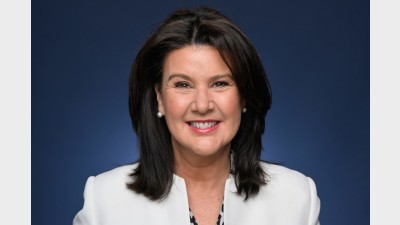Most super advice should be classified as ‘simple personal advice’


Contribution strategy and consolidating MySuper accounts should be classified as ‘simple personal advice’ while consolidating other accounts including defined benefit should be classified as ‘complex personal advice’, according to Rice Warner.
The research house’s ‘Future of Advice’ report commissioned by the Financial Services Council (FSC) recommended new legal definitions for classifying financial advice.
These were:
- General Information: which will incorporate the existing definitions of education, information and general advice; and
- Personal advice: to be simplified (for delivery purposes) by separating it into simple and complex based on the extent of risk for the consumer:
- Simple personal advice – This is advice that deals with well understood financial needs and financial products. Specifically, those that are nominated under design and distribution obligations (DDO) as being for average family consumers;
- Complex personal advice – This is advice that is not simple advice but should also specifically include products and strategic topics that are known to be complex and/or risky; and
- Specialised Advice – This is complex personal advice relating to a specialist field which is outside the skillset of most practitioners and requires specific expertise. Examples include investing in derivatives, CDC’s or other complex asset classes, aged care, advice on self-managed super funds (SMSF), and advice for small businesses.
On superannuation advice, it said contribution strategy should be changed from ‘personal financial product advice’ to ‘simple personal advice’ as consumer risk and product complexity was low, and only needed a record of advice (ROA) to be delivered by a para adviser or through software.
This was the same for consolidating MySuper accounts where its consumer risk and product complexity was at ‘low-medium’.
However, it said consolidating other accounts including defined benefit had a medium consumer risk and a medium-high product complexity and therefore should be classified as ‘complex personal advice’ from ‘personal financial advice’. This would require a statement of advice (SOA) deliver by an adviser or specialist.
When it came to retirement advice, including pre-retreatment, retirement, and consolidating retirement products, Rice Warner recommended they all be categorised as ‘complex personal advice’ and needed SOAs delivered by and adviser or through software.
For SMSFs the research house said advice surrounding establishment, accumulation only, and pension alone or with accumulation should be classified as ‘specialised personal advice’.
All should require a SOA delivered by a specialist. Establishment had the highest consumer risk and product complexity at ‘high’.
Recommended for you
While the Financial Advice Association Australia said it supports a performance testing regime “in principle”, it holds reservations about expanding this scope to retirement products.
In a Senate submission, the Financial Services Council said super funds should be able to nudge members on engaging with their super and has cautioned against default placements.
The Joint Associations Working Group, which counts FSC in its ranks, has issued an urgent warning to the government.
Senator Jane Hume will join the speaker lineup at the inaugural Australian Wealth Management Summit.












Add new comment